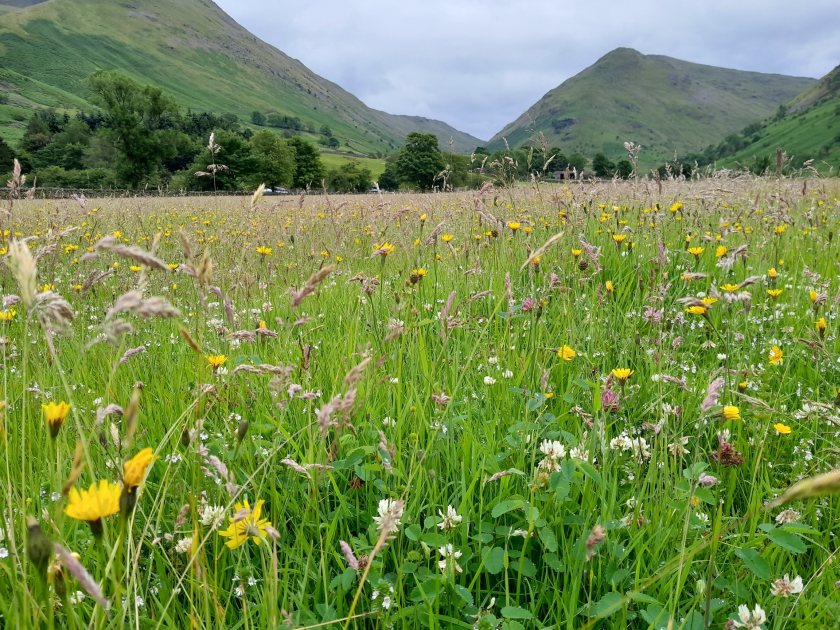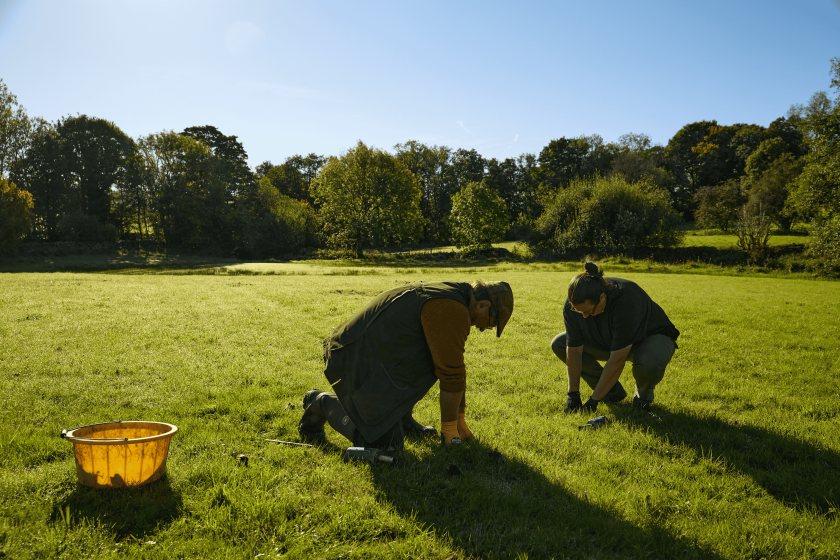Lake District farmers restore 23 football pitches' worth of hay meadows

Farmers working with the Lake District National Park Authority (LDNPA) have helped restore more than 16 hectares of hay meadows — an area roughly the size of 23 football pitches.
Supported by BMW UK’s Recharge in Nature initiative with National Parks Partnership, the project has brought new life to farmland across the region while promoting sustainable farming and wildlife recovery.
Between June and September 2025, teams worked alongside farmers at Collinfield, Loweswater, Embleton and in the Newlands Valley to identify suitable sites for restoration.
Native wildflower seeds from nearby donor meadows were sown, and locally propagated plants introduced to encourage the return of species-rich grassland.
Claire Foster, farming officer for the LDNPA, said the restored meadows would “support a variety of flora and fauna whilst playing an important role in livestock farming in the Lake District.”
She added that the work “wouldn’t have been possible without funding from BMW’s Recharge in Nature project,” praising Cumbria Wildlife Trust as a key delivery partner.

Tanya St Pierre, grassland and pollinator team leader at Cumbria Wildlife Trust, said the initiative was a team effort. “This project builds on the concerted efforts of farmers, landowners, conservation organisations, and many others that want to ensure a brighter future for farming and nature in the Lake District.”
Farmers taking part in the scheme say they are already seeing benefits. Sandi Friend-Thornton, who farms at Crosthwaite, had native wildflower seed sown across 3.2 acres to enhance traditional hay meadow habitat.
“We want to leave the soil in a healthier state,” she said. “We’re trying to improve soil health so traditional farming practices can benefit from the species-rich environment the hay meadow will create.”
Friend-Thornton added that her restored meadow could one day help others in the region: “In a few years, if it’s successful, we could be a donor field and pass on the seed to another field.”








